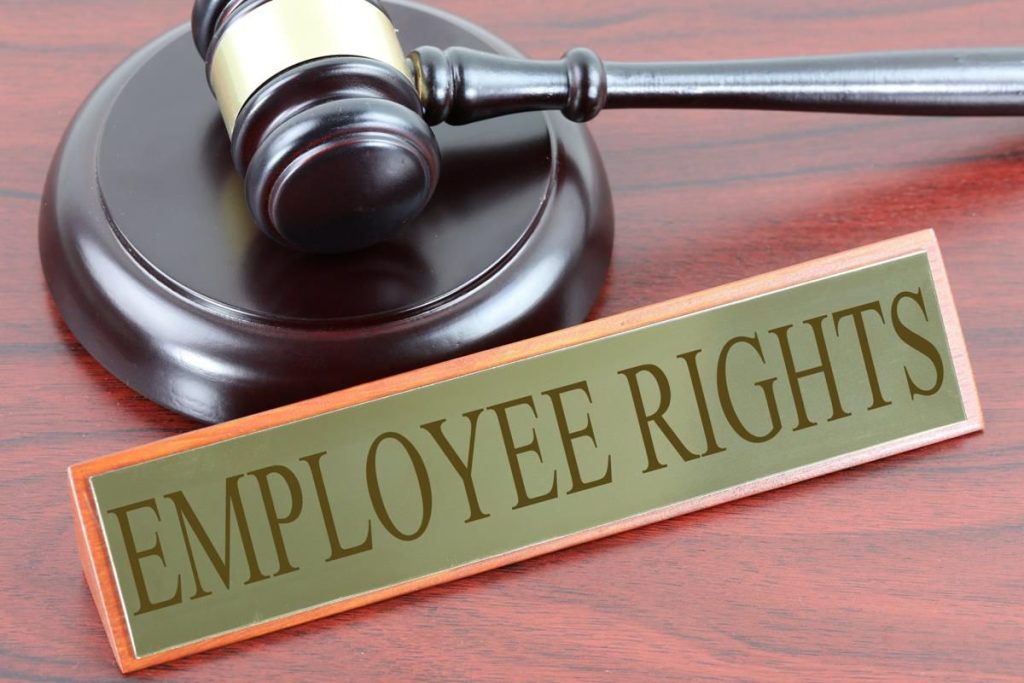Law Firm Horrifying Experience: Clients Approaching Law Service with Ponzi Schemes Commissioning

Good lawyers will be completely flabbergasted if they realize they have been unwittingly entangled in a criminal enterprise. That manner of fraud has the power to completely ruin reputations and has a whole lot of consequences associated with it.
To get out of this tight spot, you need to move quickly, be smart with the planning, and sometimes actually check in with how you are working with clients.
Let us examine this difficult scenario in depth and consider some ways that law firms might avoid similar jams in the future.
Understanding the Law Firm’s Role in Ponzi Schemes
Alright, so the scammers in a Ponzi scheme take cash from the new guys and use it to compensate the old investors. It will appear that they have a real profitable operation happening but that is not the case at all. Sometimes, the con artists will hire law firms in an effort to appear trustworthy.
They might seek advice on business models and hire attorneys to take charge of cash flow which conceals how they are earning ill-gotten gains. Through a dash of legality injected into the schemes, such individuals will be completely able to disguise the true activities behind the façade that appears legitimate.
Navigating Steps After Client Dishonesty
Withdrawal
When a firm hears that it might be representing a client who has been acting nefariously, such as in a Ponzi scheme, it knows it is in a bind. Ponzi scheme law leaves it fairly clear that the firm knows exactly what it needs to do—refuse to represent the nefarious clients trying to play a con.
This is not just a recommendation; it is an ethical necessity. Under ABA Model Rules, such a firm needs to discontinue representation if a client is using the lawyer’s services to play a fast one.
Recusal serves a dual purpose by not only avoiding additional ethical errors but also by averting any complications arising from legal technicalities. Furthermore, hiring an independent lawyer will be really useful; they will offer good advice regarding the course of action and will keep it under control.
Handling Exposure
So, when fraud does arise and is discovered internally, backing away is not the greatest move. The optics of such a move may not be all that great for you when it eventually blows up. The law offers some exemptions that allow lawyers and law firms to disclose confidential client matters if it prevents a client from ruining their finances or if the activity is illegal.
There are also instances where the fraud is discovered externally, for example, following an investigation or complaints from victims. In such cases, there are legal procedures that will compel you to reveal some insider information during the course of the investigation.
Exposure can be quite tense, but it is crucial for saving your reputation and ensuring you comply with Ponzi scheme laws.
Proactive Measures Taken by Law Firms
“Once you realize your firm has been entangled in a customer’s Ponzi scheme, you need to act with speed while complying with federal Ponzi scheme laws. It might get really mired if it actively sold investments or knowingly assisted with things that ended up as Ponzi schemes,” says Attorney Scott Silver, a securities and fraud attorney of the Securities Fraud Attorneys law firm.
Establishing clear boundaries with accurately worded engagement letters is critical. The scope of representation has to be set within such agreements so that companies will be safeguarded if any incidental fraud happens during the course of providing their services.
In your marketing materials, remember to project a professional image by keeping a respectful distance and refraining from any self-aggrandizing statements or mentions of your status as general counsel. This cautious approach avoids any misunderstanding of the firm’s scope and depth of knowledge of the client’s business and the risk of the ensuing legal consequences that may arise out of such behavior.






